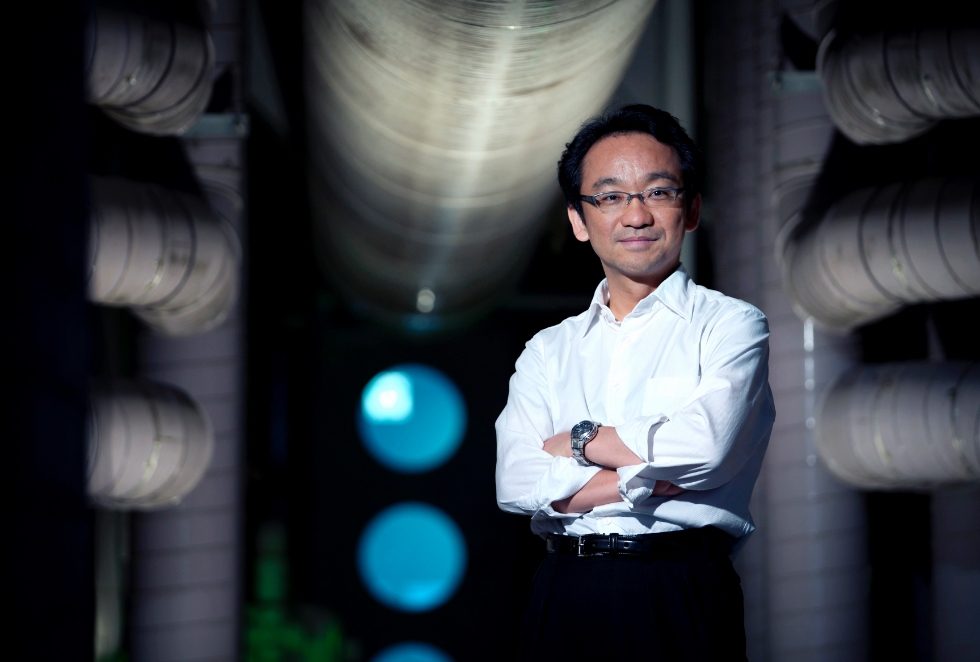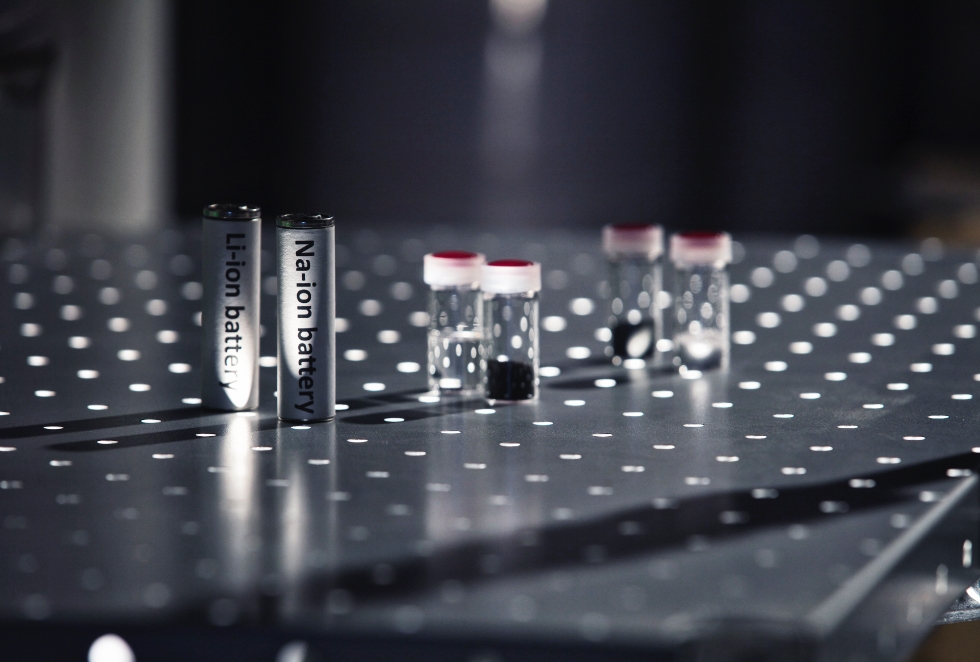In today’s world, smartphones and mobile PCs are an indispensable part of our daily life. All of these devices are equipped with lithium ion storage batteries. But for larger applications, such as powering environmentally friendly electric cars and ensuring the stable use of renewable energy, like wind and solar power, we will need even larger lithium ion storage batteries.
However, the lithium, cobalt and other raw materials used to make these batteries are rare earth metals, of which there is only a limited amount. On top of this, Japan must import all of its lithium resources, and there is uncertainty about whether a stable, future supply of raw material can be ensured.
Researchers at the Tokyo University of Science are attempting to replace lithium with sodium, which is an abundantly available resource, to develop novel, next-generation sodium ion batteries. Sodium can be readily and plentifully obtained from seawater and even rock salt.

One of the first to start research into sodium ion batteries was the Komaba Group in the Department of Applied Chemistry, Faculty of Science Division I. The start of the Komaba Group’s research coincided with the peak period of research into lithium ion batteries, when the general attitude was that it was “nonsense to make batteries out of materials other than lithium.” However, the Komaba Group recognized that a sustainable resource was needed, and this motivated it to begin research into lithium alternatives.
After much trial and error to overcome significant challenges, the researchers settled on sodium.
Because sodium and iron are well-suited as a electrodes and are at no risk of a supply shortage, the Komaba Group pressed ahead with its research into a “high-performance sodium ion battery.”
In 2009, after successive improvement of the carbon material used with sodium ion batteries, the Group announced to the world its pioneering results in producing a battery capable of stable charging and discharging. In acknowledgment of the contribution made by this research to the future of energy in society, it was recognized in 2014 with a “RESONATE AWARD” presented at an event hosted by the Resnick Sustainability Institute at Caltech, as well as with a JSPS (Japan Society for the Promotion of Science) Prize in 2015.

Through patient perseverance in steadily overcoming numerous technical hurdles, the Komaba Group has established itself as a global leader on the cutting edge of battery research.
The Group was not only the first in the world to successfully develop sodium ion batteries but also potassium ion batteries, and it continues to lead the way on the development of next-generation storage batteries that use no rare earth metals whatsoever.
In addition to the research efforts of undergraduate and graduate student researchers, the Komaba Group seeks out joint research with universities and companies both in Japan and overseas. Even collaboration with researchers in dissimilar fields is welcomed by the Group in its pursuit of high-quality research into energy technologies necessary to the sustainable future of society.
■ Main research content